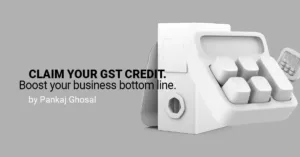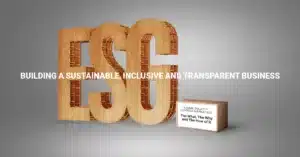It’s an open secret that the average Indian citizen prefers convenience over luxury. So, when the time came for switching to an electric vehicle over a fuel-powered one, convenience triumphed again as the sales for electric 2-wheelers accumulated for more than 95% of the total electric vehicles sold in the previous financial year.
Now the rise in the sale of electric vehicles, although steady, needed a local push of its own. This is where plenty of start-ups joined the cause, by coming up with innovative electric variants as per the need of their consumer and efficiently tackling problems such as increasing air pollution and carbon footprint.
Indian start-ups began to effectively capitalize on short-term goals by bringing in electric vehicles to facilitate last-mile delivery, thereby helping mega brands connect with tier-2 and tier-3 cities in the country. As predicted, this connectivity didn’t come at the expense of the environment and served as an inspiration to many.
One of the first few start-ups to “drive the change” (pun intended) was Gayam Motor Works (GMW), a company which was established in 2011. GMW brought the idea of electric 2-wheelers and 3-wheelers for delivering products from establishments/portals such as IKEA, Grofers, and Flipkart to the end customers. Added to that, the states of Andhra Pradesh and Telangana have deployed GMW’s vehicles for waste management/disposal, as reported by Forbes.
What separates the functioning of GMW from the rest of the crowd is the fact that they use the battery-swapping technique, thus eliminating the need to charge a vehicle for a definitive time before next usage and rather replacing the drained battery with a fully charged one. Battery-swapping has its own sets of pros and cons, but the major factor which works in its favor is its practicality and hence is predominantly used for 2-wheelers and 3-wheelers as of now.

Another startup which has been in the news is Ather Energy, a company which has been vocal about reducing the import tariff on lithium-ion cells and increasing it on fully assembled batteries. The company has also asked for the Government to re-evaluate the existing disparity in the GST regime for EV manufacturers because the latter accumulate 12% GST on sale but end up paying 18% on the purchase of materials used for manufacturing EVs. With major investors such as Hero Corp (holding more than 30% stake), this Indian start-up has been a major local EV player since 2013, and we can surely expect a lot more coming from them as the EV market progresses.
To further highlight how these start-ups aren’t merely run-of-the-mill establishments and are attracting foreign investment as well, we can look at the example of Twenty-Two Motors. The company struck a deal with Taiwanese giant Kymco (Kwang Yang Motor Co.), in the range of over $60 million to bring electric 2-wheelers in the Indian market, and has started with their flagship scooter named ‘Flow’.
Personally, it’s great to see local production being encouraged for electric vehicles and the fact that efforts are being made to acclimatize the population towards using electric 4-wheelers as well, this is something which will pay off exponential dividends in the long run. Even in his speech presenting the Interim Budget on 01 February 2019, Finance Minister Shri Piyush Goyal highlighted the importance of clean energy and ensured a transition to EVs in a pan-Indian scenario. His words are strongly backed by the Government’s administrative actions such as reducing the previous import duty on EV parts of 15-30% to a rate of 10-15%, now.
This move will promote local assembly of EVs, which in turn carries a strong potential for creating more employment opportunities in India.
Be that as it may, the urban demographic should now understand the gravity of the situation and analyze the efforts being made to contain and overcome it. The onus is upon us, as usual. Do we wish to be spectators of the movement, or do we wish to actively contribute to change?
The choice is ours.
—
Written by Sahib Singh, in collaboration with the Coinmen Research Team.
—










